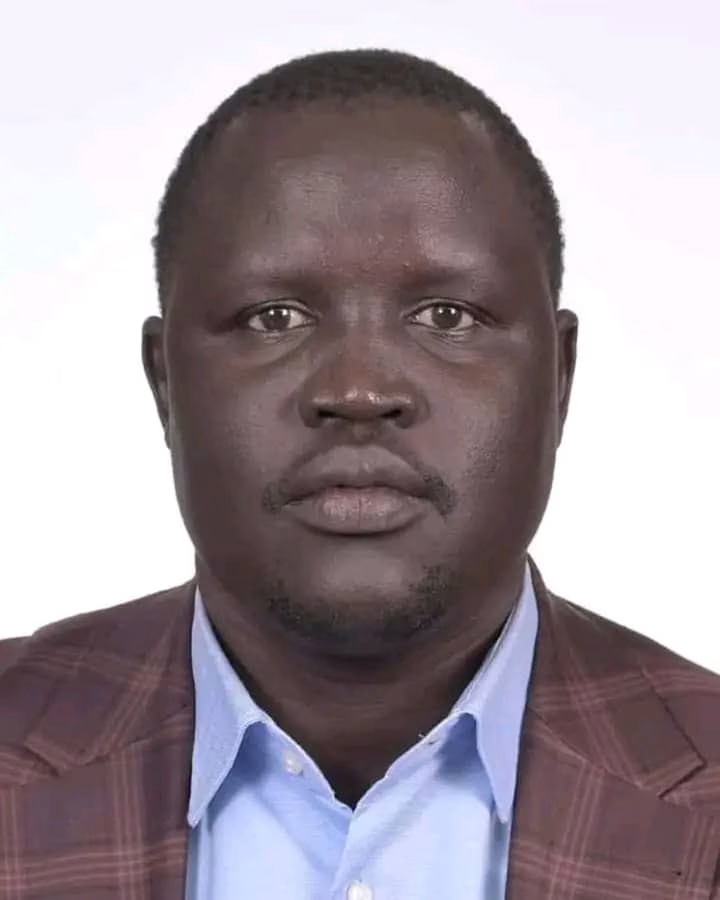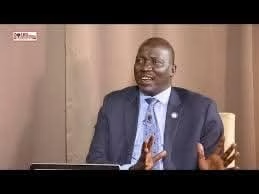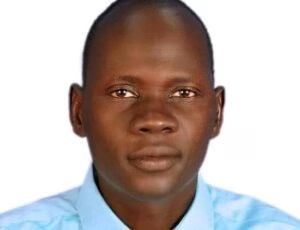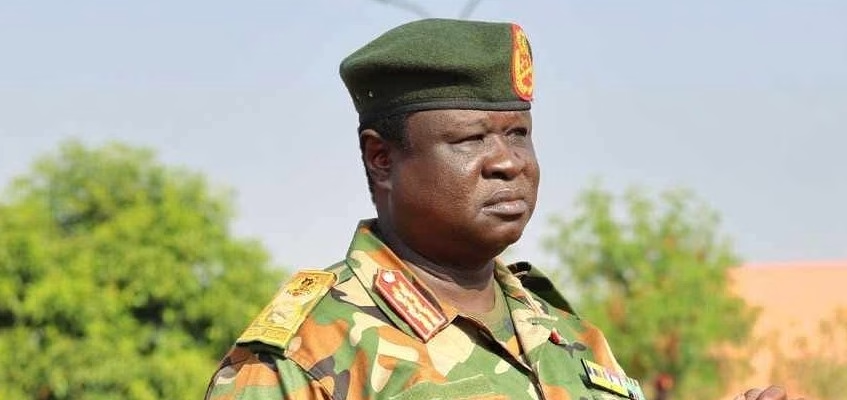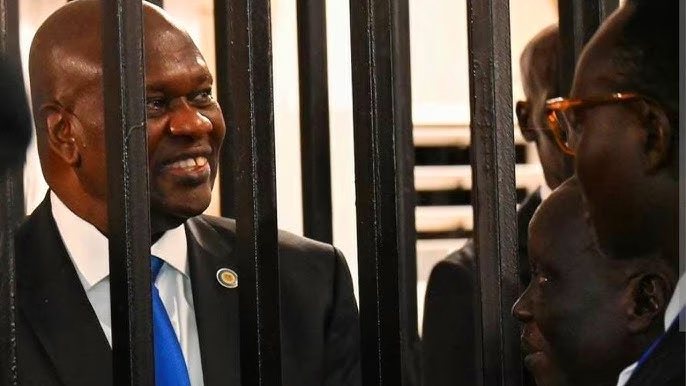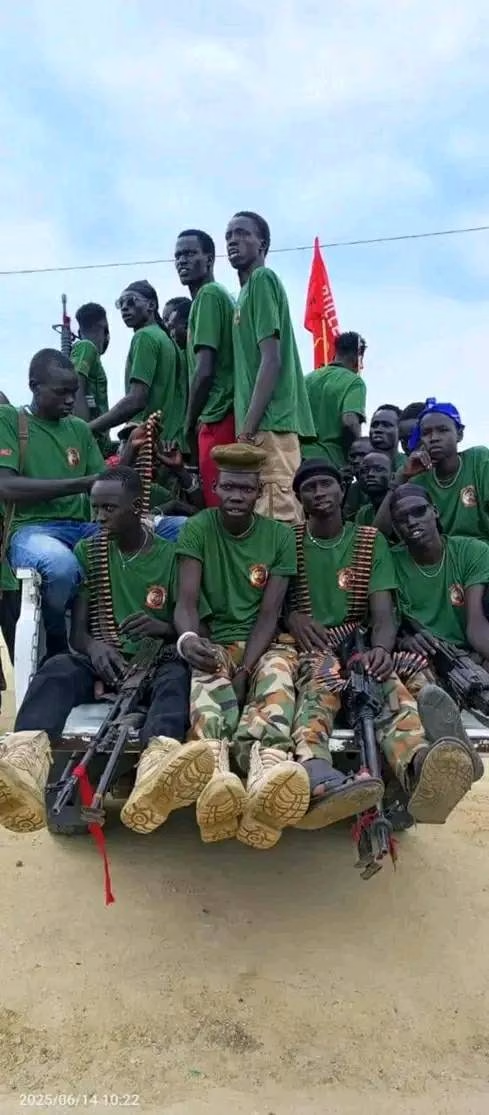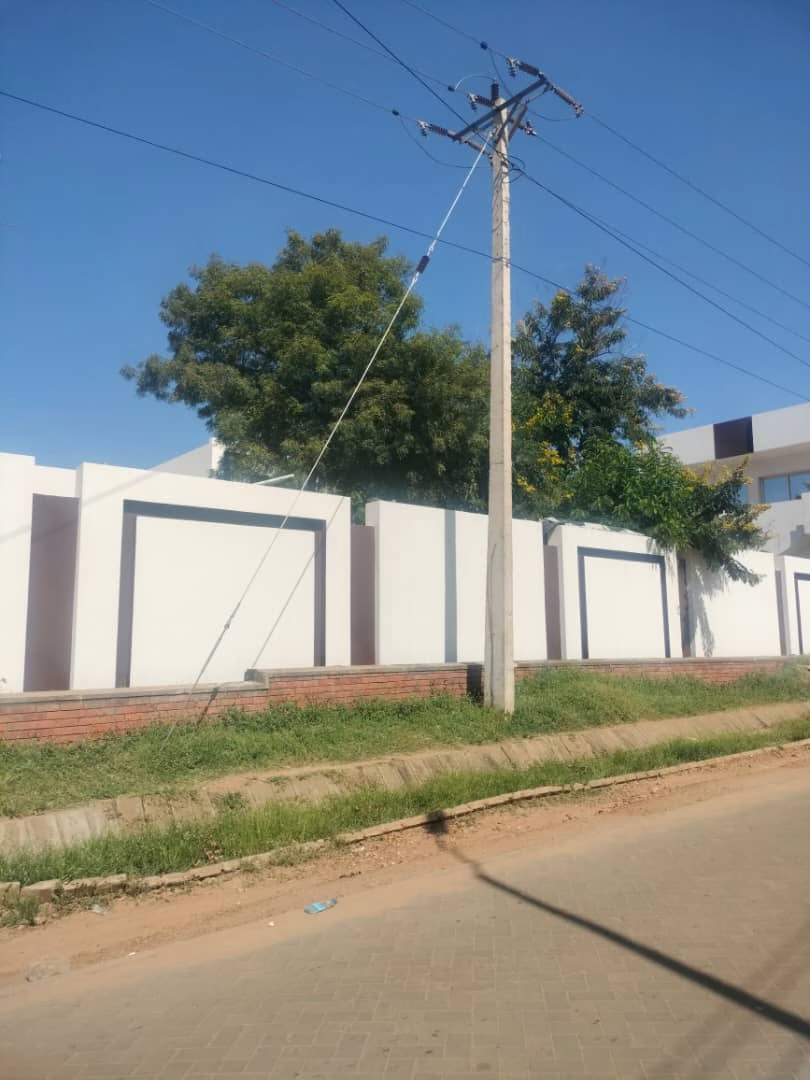By Zechariah Makuach Maror
Community-based football events have grown popular in Juba, the capital of South Sudan, in recent years. The majority of communities in Juba have created their own community-based tournament, which they frequently referred to as a peace tournament. Despite the fact that football has frequently thought of as a unifying force, these ethnic-based neighborhood footballing have unfortunately turned into a breeding ground for tribalism and sectarianism, which is fostering a community-based fanaticism to the already fractured social cohesion that has lived us for about ten years because of the ethnic conflict. Since its organizational structure lacks adequate regulatory authority, this occurrence is detrimental to the community of South Sudan as a whole as well as to the spirit of the game that people intended.
One major issue with these competitions is that they tend to represent the tribal sentiment of the competing neighborhood patriotism. Each team frequently represents a particular tribe or community, which tends to exacerbate ethnic rivalries rather than foster togetherness. A team’s victory is not only a triumph for the game but in addition, a contentious display of the tribal might it represents, some have even gone further by singing their provocative historical traditional war songs against each other during the matches as a symbol of their prestigious valor. People are more inclined to support their tribe rather than the sport itself due to this emphasis on tribal identity, which might result in greater division among the diverse populations residing in Juba. As a result, football, a game meant to bring joy, turns into a forum for demonstrating tribal ties and village rivalries we all had in mind.
In addition, several media sites have documented numerous instances of violence at tournaments, which frequently have a sectarian and hateful atmosphere. Whether it is in organization or refereeing mistakes, a lack of adequate regulating authority always results in chaotic scenarios where opposing supporters square off, tensions rise, and enraged fanatics invade the fields. These competitions cultivate an atmosphere where hatred fueled by backwardness flourishes, rather than promoting camaraderie. Since the organizing body is a distinct and independent organization from the SSFF, the lack of prudent regulation by the South Sudan Football Federation (SSFF) toward the community-based tournaments makes the situation worse because there are no rules to prevent bad conduct and even if there are, no strong enforcement mechanism. This lack of supervision permits behavior that encourages animosity rather than sportsmanship.
The problematic character of community-based competitions is greatly influenced by financial considerations. The money raised by these activities are often not monitored due to the absence of a regulated football organization, which begs the issue of how it is used. Because these community-based football teams are not registered as national corporations with the government of South Sudan, this financial mismanagement makes it impossible to establish a business-like structure like a football Club that could guarantee transparency and accountability and generate revenues to the SSFF and the government through taxes. Consequently, the South Sudanese league, which should have benefit from fair competition, is now overshadowed by this community-based tournament, though community-based tournaments have most fan, it is operating outside the FIFA standards protocols.
Lastly, violence is a frequent outcome of these competitions, frequently directed against officials officiating the matches or opposition to rival supporters. The reputation of tournament is damaged by incidents of fans hostilities, such as; verbal and physical fights are so often, unverified allegation of charming always led to hit up which detract it from the pleasure of the game. Since breaches of sportsmanship are becoming more frequent, the spirit of fair competition diminished. This tournament, one may argue, is breaking FIFA regulations.
Moving forward:
In order to convert this community-based football into the most professionally productive way, the South Sudan Football Federation should intervene. These football teams have to be integrated into a national league as a Football clubs that lack the current traditional method of organization, I mean; they should be transformed and converted to the South Sudan league through competitive integration. This so-called community football teams must be made more efficient by registering them as football clubs and as national businesses in order to generate income for governments through a variety of direct and indirect methods, such as taxes, economic stimulus, and investments in public infrastructure. One may say, this huge fan base of community teams that are now in community-based tournament will follow their respective team to South Sudan league if their teams are integrated, thus culminating into integration of football in South Sudan.
For clarification purpose, football club and a football team are not the same. A football club is a club that oversees one or more teams; including youth teams, senior men and women’s teams, and occasionally teams from other sports. Similar to Real Madrid, Manchester United, Bayern Munich, among others, which are community-based football clubs that are registered with their respective national football organizations (associations) to compete in their respective national leagues, a club has a business structure with owners, managers, staff, and facilities, which generate revenues to the club, Football Association and the government of that particular country. On the other hand, a football team is merely a collection of players that compete together, such as national teams or particular team of the club. However, this new trend of community-based football in Juba does not match any international standard and it is taking us to nowhere than sinking ourselves in the tribal mud.
In order to create and encourage a multi-faceted strategy that prioritizes infrastructure development, talent identification and development, commercialization, and community engagement, the South Sudan Football Federation should concentrate on expanding its football league. This entails giving the already Football Clubs the condition and advantage to make strategic investments in infrastructure, youth academies, and the development of lucrative sponsorship and broadcast possibilities. The national leagues will now be strong enough to destroy they so-called community tournament, which is rife with tribal animosity.
Additionally, it is essential to use technology for a larger reach and cultivate a strong local football culture in the states in order to promote long-term football development in line with the national football agenda. To encourage local football and benefit the local community in the development of local sports, these proliferated community-based competitions in Juba have to be streamlined or referred back to their respective states, counties, Payams, Bomas, and communities localities rather than basing them in national capital.
Finally, community-based football competitions in Juba have the potential to develop community spirit and local talent, but they are now utilized as means of promoting tribalism and sectarianism. These competitions counteract the potential good that sports can bring by promoting violence, lacking oversight, fostering hostility, and reinforcing tribal identities. Community leaders and sports officials must identify these problems and take action to make football a genuine instrument for harmonious peace and investment.
The writer is an activist and could be reached via zeemakuach@hotmail.com


